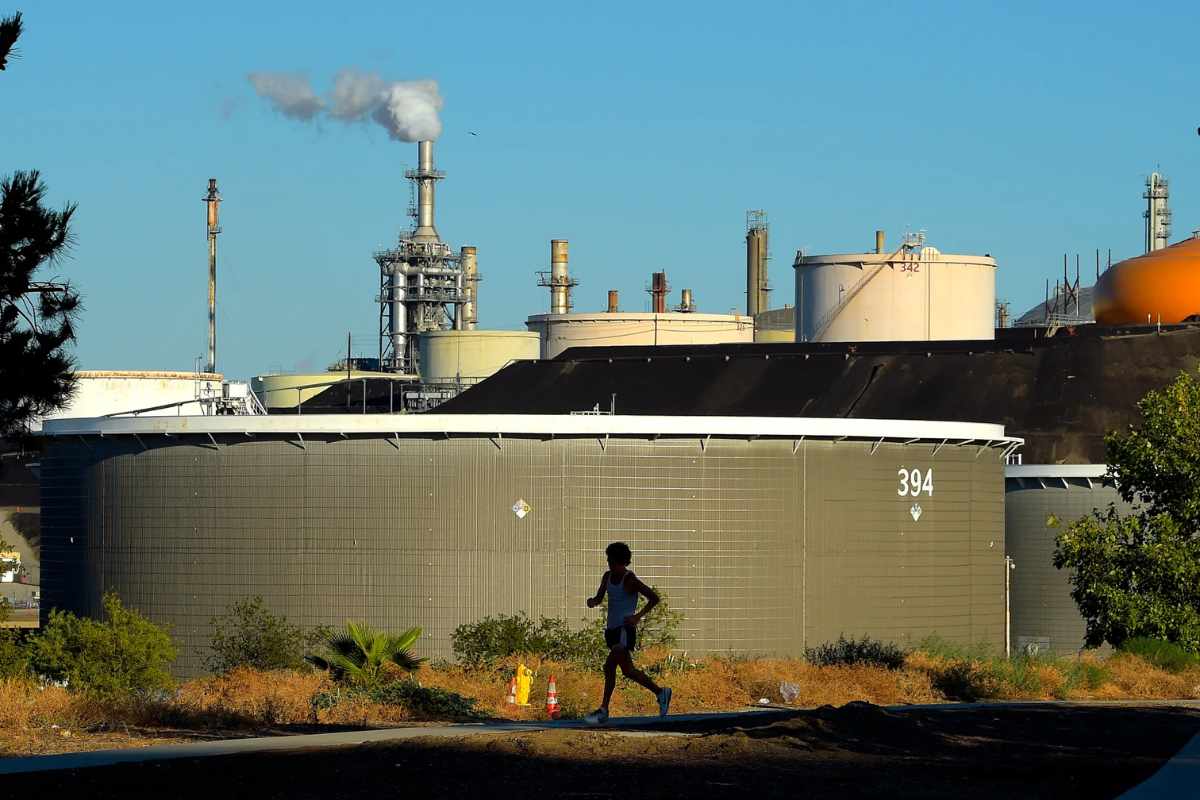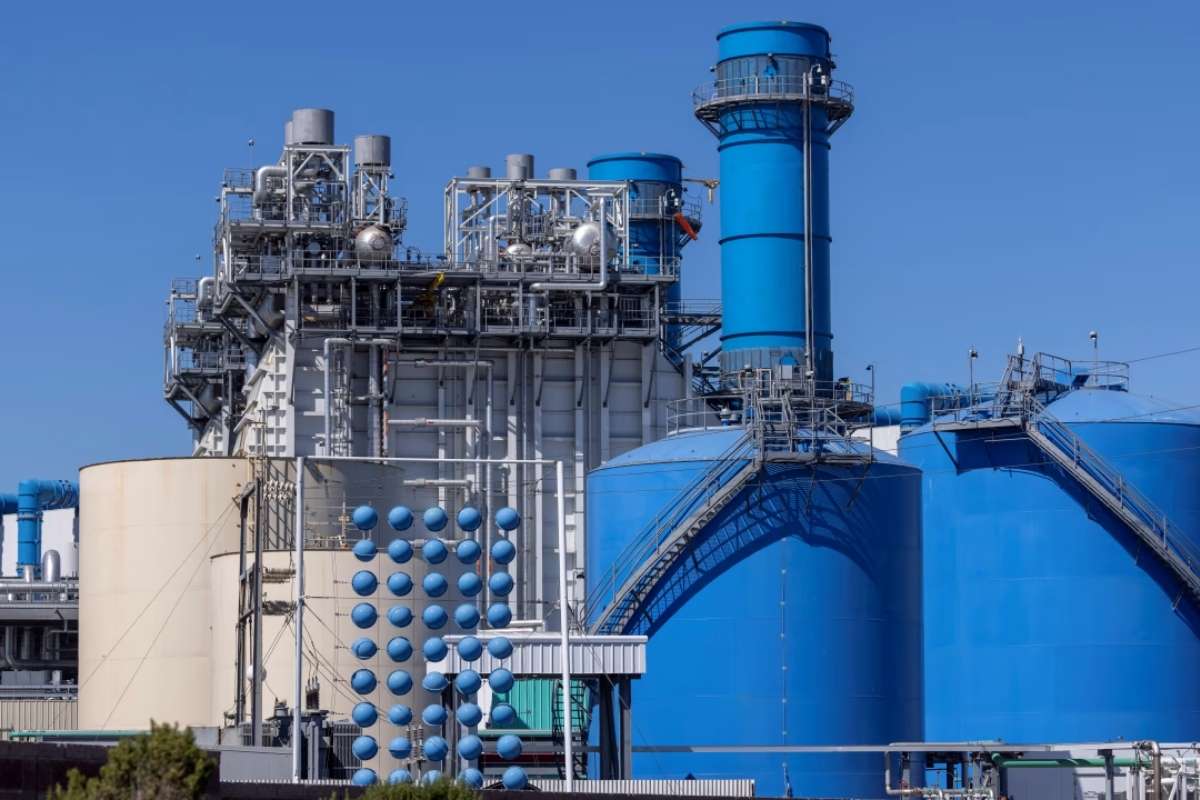Federal Indictment and Allegations
Phillips 66, a Texas-based oil company, has been federally charged for alleged violations of the Clean Water Act in California. According to the U.S. Department of Justice (DOJ), the company is accused of discharging substantial amounts of industrial wastewater containing excessive oil and grease from its Carson oil refinery into the Los Angeles County sewer system. These incidents reportedly occurred in 2020 and 2021. Prosecutors allege the company failed to report the violations as required by law.
The indictment includes two counts of negligently violating the Clean Water Act and four counts of knowingly violating it. If convicted, Phillips 66 could face up to five years of probation for each charge and fines totaling $2.4 million. While an arraignment date has not yet been scheduled, the charges underscore the seriousness of environmental compliance in industrial operations.
Company’s Response and Legal Proceedings
In response to the indictment, Phillips 66 issued a statement reaffirming its commitment to safety and environmental protection. “Phillips 66 will continue its cooperation with the U.S. Attorney’s office and is prepared to present its case in these matters in court,” the company’s spokesperson stated on Thursday. The company emphasized its dedication to ensuring the health and safety of its employees and surrounding communities.
The DOJ’s charges mark a significant step in holding corporations accountable for environmental violations. Experts believe that this case could set a precedent for stricter enforcement of the Clean Water Act, especially in heavily industrialized areas.
Operational Changes and Industry Impact
Phillips 66 has recently announced plans to close its Carson refinery by the end of 2025, citing shifting market conditions. This facility accounts for approximately 8% of California’s refining capacity, as reported by the California Energy Commission. The company also operates another refinery near San Francisco, contributing 5% to the state’s refining output.
The closure of the Carson refinery could have implications for California’s fuel supply and market dynamics. Environmental groups have welcomed the move, viewing it as an opportunity to transition toward cleaner energy solutions. However, industry analysts warn of potential disruptions in fuel availability and price volatility in the region.
As Phillips 66 prepares for legal proceedings, the case serves as a stark reminder of the balance between industrial growth and environmental responsibility. The outcome of this case could influence future regulatory measures and corporate strategies within the oil and gas industry.
Did you find this article helpful? Visit more of our blogs! Oil Gas Energy Magazine












